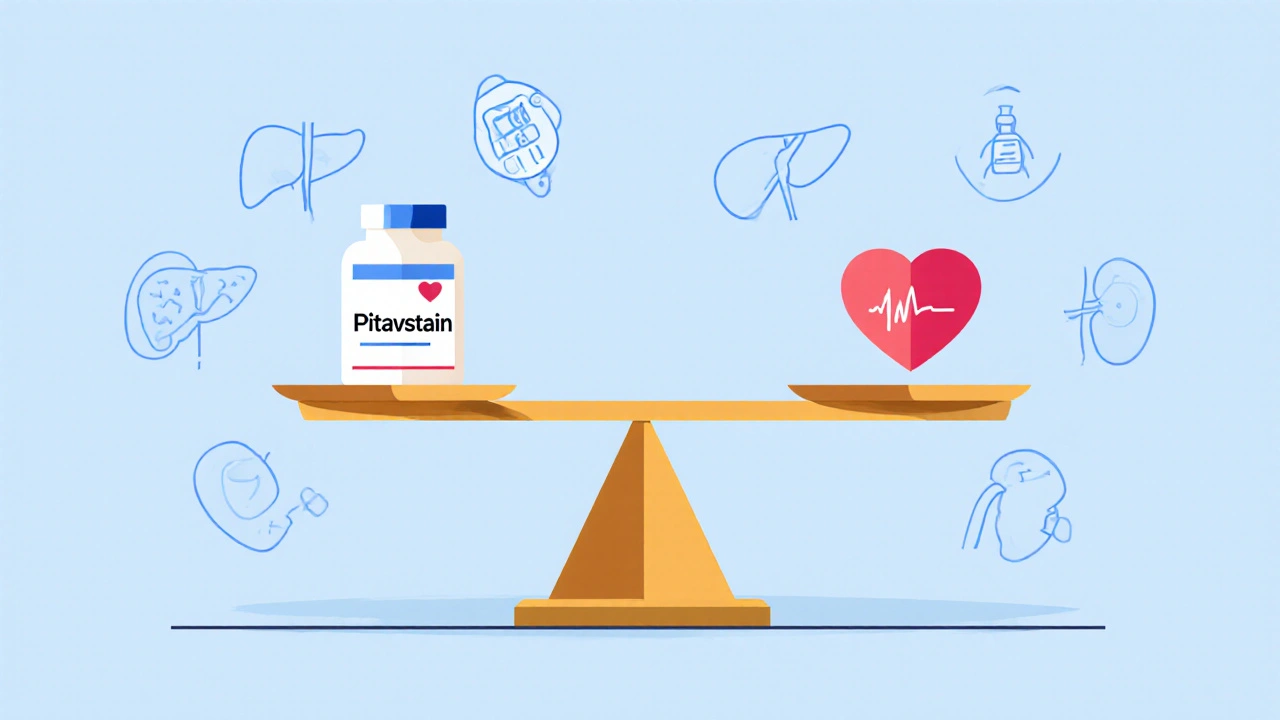Cholesterol Medication: What Works, What to Watch For, and How to Save Money
When your doctor talks about cholesterol medication, a class of drugs designed to lower harmful LDL cholesterol and reduce heart disease risk. Also known as lipid-lowering drugs, these are among the most commonly prescribed treatments in the U.S., especially for people with high LDL, diabetes, or a history of heart issues. But not all cholesterol meds are the same—and not everyone needs them.
Most people start with statins, a group of drugs like atorvastatin and rosuvastatin that block cholesterol production in the liver. These are the go-to because they’re proven to cut heart attacks and strokes by up to 30%. But if statins cause muscle pain, liver issues, or just don’t work well enough, doctors turn to other options like ezetimibe, a pill that stops cholesterol absorption in the gut, or newer injectables like PCSK9 inhibitors, powerful drugs that clear LDL from the blood but cost far more. Some people also use fibrates, meds that mainly lower triglycerides, or bile acid sequestrants, older pills that bind cholesterol in the intestines. The right choice depends on your numbers, your risks, and your budget.
Many people stop taking their meds because of side effects or cost. Muscle aches from statins are common but often overblown—most aren’t true allergies. Still, if you feel weak or sore, talk to your doctor before quitting. There are lower-dose options, different statins, or combo pills that might help. And if you’re paying full price? You’re not alone. Cholesterol medication prices vary wildly. A 30-day supply of generic atorvastatin can cost under $10 at some pharmacies, while brand-name PCSK9 drugs run over $14,000 a year. That’s why knowing about step therapy, insurance rules, and discount programs matters just as much as the science.
What you’ll find below are real, practical guides from people who’ve been there: how to handle side effects, when to push back on insurance denials, how to compare costs between pharmacies, and what alternatives actually work. No fluff. No sales pitches. Just clear info to help you take control—without overspending.
Pitavastatin and Diabetes Risk: What You Need to Know About Its Metabolic Effects
Pitavastatin offers effective cholesterol control with a lower risk of raising blood sugar than other statins. Learn why it's becoming the preferred choice for people with prediabetes or metabolic syndrome.
Read More
